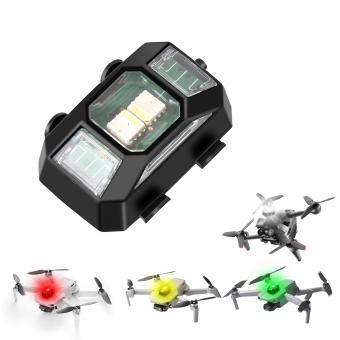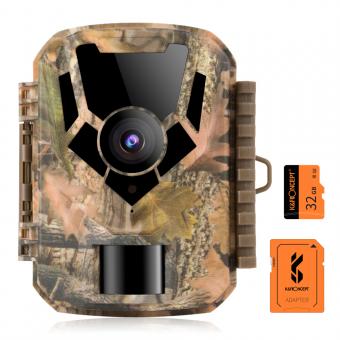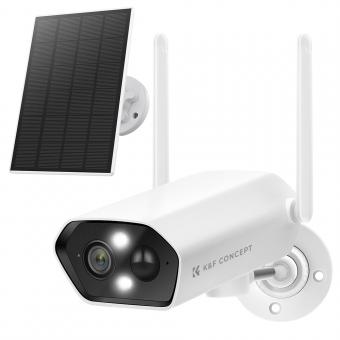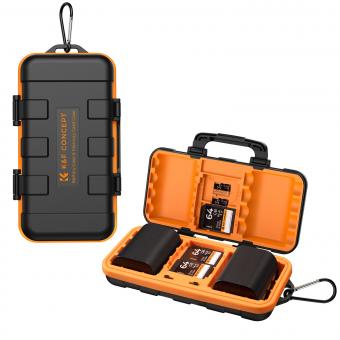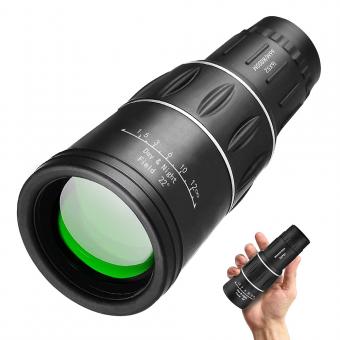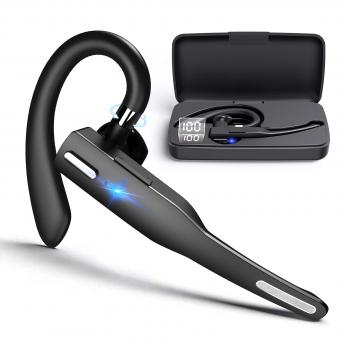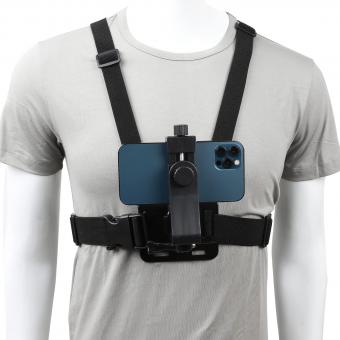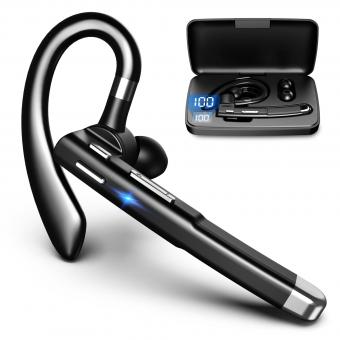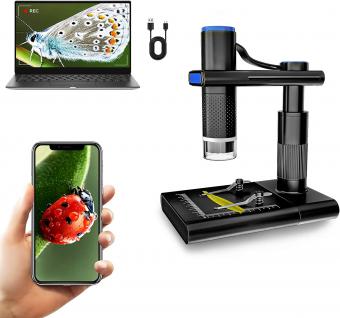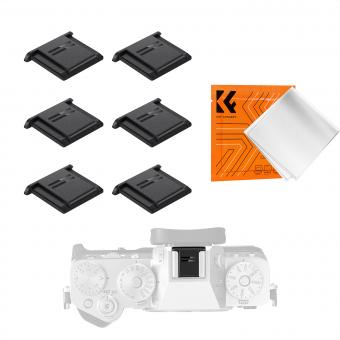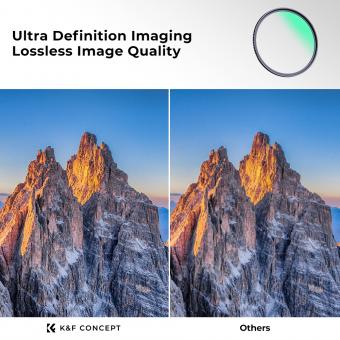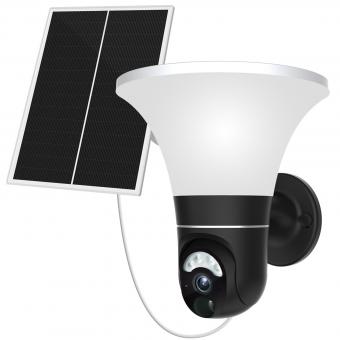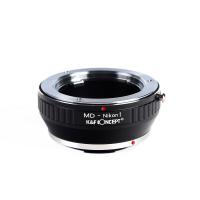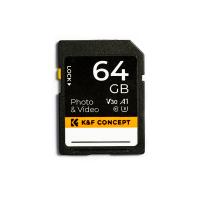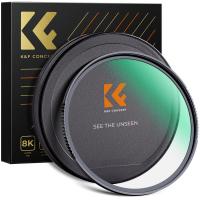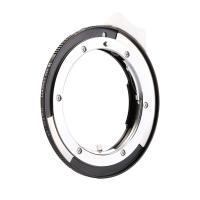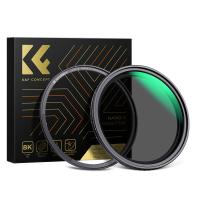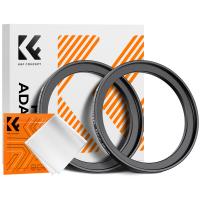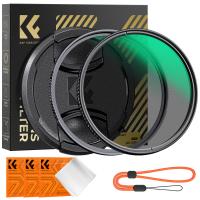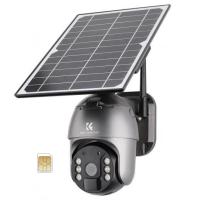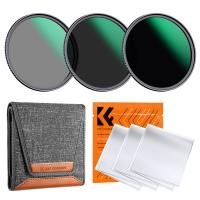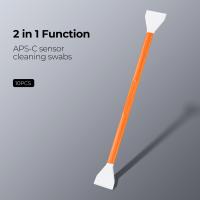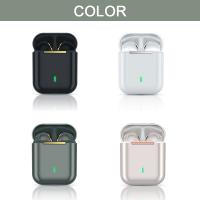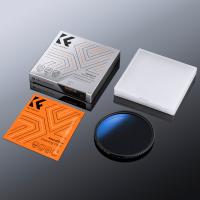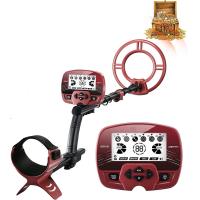How Long Does The Nest Battery Camera Last ?
The battery life of a Nest camera depends on various factors such as usage, settings, and environmental conditions. Generally, the Nest cameras with built-in rechargeable batteries can last anywhere from a few weeks to several months on a single charge. However, this can vary significantly based on factors such as the frequency of motion events, the length of video recordings, and the quality of the camera's connection to the Wi-Fi network. It's worth noting that continuous recording or high activity in the camera's field of view can drain the battery more quickly. To maximize battery life, users can adjust settings like video quality, motion detection sensitivity, and activity zones. Additionally, some Nest cameras offer the option to connect to a power source for continuous power supply, eliminating the need to recharge the battery.
1、 Battery life of Nest cameras: Factors and considerations.
Battery life of Nest cameras: Factors and considerations.
The battery life of Nest cameras can vary depending on several factors and considerations. While it is difficult to provide an exact duration for how long the Nest battery camera lasts, there are certain factors that can affect its battery life.
1. Camera usage: The more frequently the camera is used, the faster the battery will drain. Continuous recording or frequent live streaming can significantly reduce the battery life. It is important to strike a balance between usage and battery conservation.
2. Camera settings: Adjusting camera settings can have an impact on battery life. For example, enabling motion detection and notifications can help conserve battery power by only activating the camera when necessary. Adjusting the camera's sensitivity to motion can also help optimize battery usage.
3. Environmental factors: Extreme temperatures, both hot and cold, can affect the battery life of Nest cameras. It is recommended to place the camera in a location where it is not exposed to direct sunlight or extreme weather conditions.
4. Wi-Fi signal strength: A weak Wi-Fi signal can cause the camera to consume more battery power as it struggles to maintain a stable connection. Ensuring a strong and stable Wi-Fi signal can help prolong battery life.
5. Battery capacity: The battery life of Nest cameras can also depend on the capacity of the battery itself. Different models may have different battery capacities, resulting in varying durations of battery life.
It is important to note that Nest continuously works on improving the battery life of their cameras through firmware updates and technological advancements. Therefore, it is recommended to keep the camera's firmware up to date to benefit from any improvements in battery optimization.
In conclusion, the battery life of Nest cameras can vary depending on usage, settings, environmental factors, Wi-Fi signal strength, and battery capacity. By considering these factors and making necessary adjustments, users can optimize the battery life of their Nest cameras.
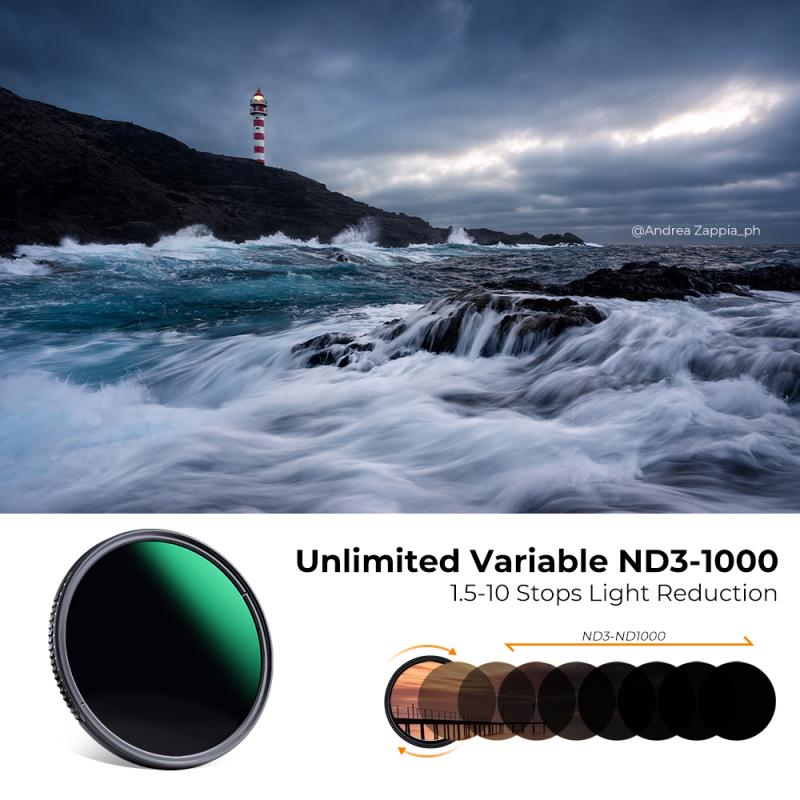
2、 Typical battery duration for Nest cameras in different scenarios.
The battery duration of Nest cameras can vary depending on different scenarios. The typical battery life of Nest cameras is influenced by factors such as camera usage, settings, and environmental conditions.
In general, the Nest Cam Outdoor and Nest Cam IQ Outdoor are designed to be plugged into an electrical outlet for continuous power. However, they also have a built-in rechargeable battery that can provide backup power in case of a power outage. The battery on these cameras can last for several hours or even days, depending on the usage and settings.
For the Nest Cam Indoor, which is primarily designed for indoor use, the battery life is not a concern as it is meant to be plugged into a power outlet at all times. It does not have a built-in battery for backup power.
It's important to note that the battery life of Nest cameras can be extended by adjusting certain settings. For example, reducing the camera's activity zones, lowering the video quality, or enabling the camera's power-saving mode can help conserve battery life.
Additionally, the latest point of view is that Nest has introduced the Nest Cam Battery, which is specifically designed to be powered by a rechargeable battery. This camera is wire-free and can be placed anywhere within Wi-Fi range. The battery life of the Nest Cam Battery can last for several months, depending on usage and settings.
In conclusion, the battery duration of Nest cameras can vary depending on the specific camera model, usage, and settings. While some cameras are primarily designed for continuous power, others have built-in batteries for backup power or are specifically designed to be powered by a rechargeable battery. It is recommended to adjust settings and use power-saving features to extend the battery life of Nest cameras.
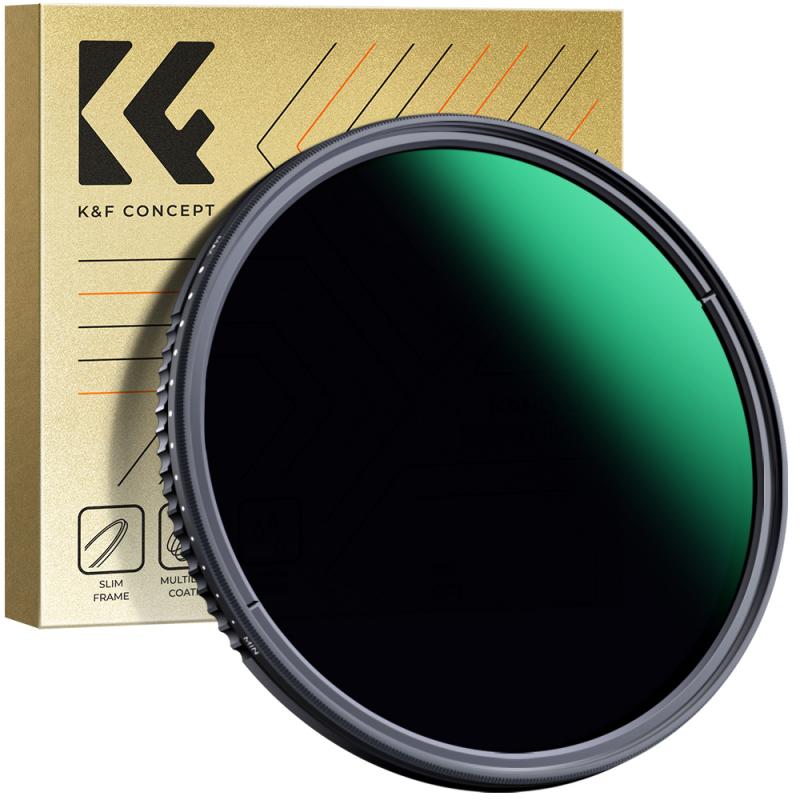
3、 Tips to maximize the battery life of Nest cameras.
The Nest battery camera is designed to provide reliable and continuous surveillance for your home. However, the battery life can vary depending on several factors. On average, the Nest battery camera can last anywhere from two to six months on a single charge.
To maximize the battery life of your Nest camera, here are some tips:
1. Optimize camera placement: Ensure that your camera is strategically placed to capture the desired area without unnecessary motion detection triggers. This will help reduce unnecessary recording and conserve battery life.
2. Adjust motion detection settings: Fine-tune the motion detection sensitivity to avoid false alarms triggered by irrelevant movements, such as tree branches swaying in the wind. This will prevent unnecessary recording and extend battery life.
3. Enable activity zones: By defining specific areas for motion detection, you can focus the camera's attention on the most important areas, reducing unnecessary recording and conserving battery power.
4. Utilize scheduling: Take advantage of the scheduling feature to turn off the camera during specific times when surveillance is not required. For example, if you are at home during the day, you can schedule the camera to be inactive, saving battery life.
5. Opt for wired power: If possible, consider using a wired power source instead of relying solely on the battery. This will ensure continuous power supply and eliminate the need for recharging.
6. Regularly update firmware: Keeping your camera's firmware up to date is crucial as it often includes performance improvements and bug fixes that can optimize battery usage.
It's important to note that these tips are based on the latest information available at the time of writing. Nest may release updates or new features that could further enhance battery life. Therefore, it's always recommended to refer to the official Nest documentation and support channels for the most up-to-date information.
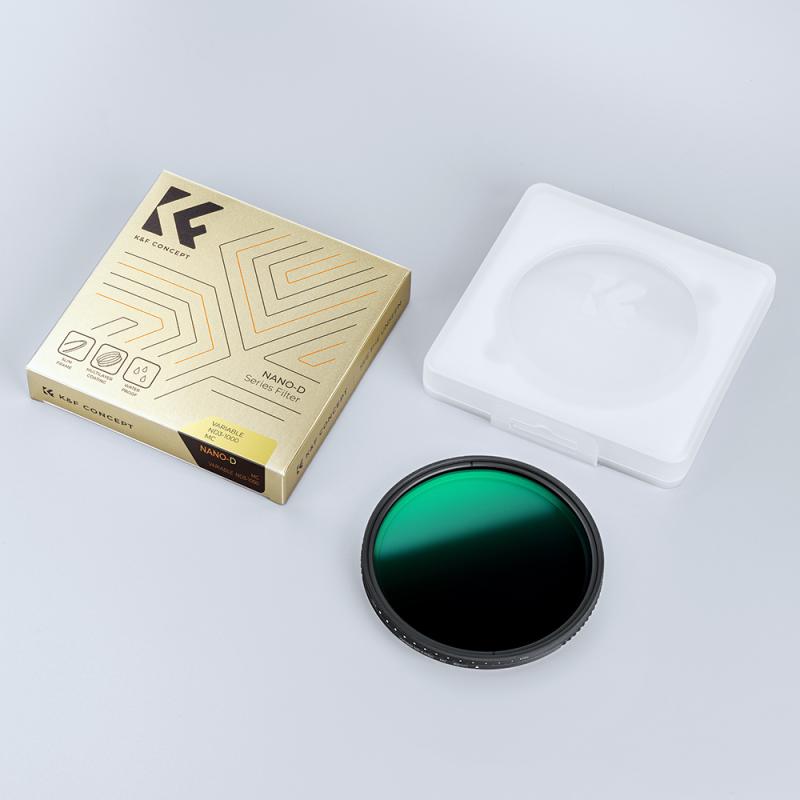
4、 Comparison of battery life across various Nest camera models.
The battery life of Nest cameras can vary depending on the model. As of the latest information available, the Nest Cam Outdoor and the Nest Cam IQ Outdoor are the two models that offer battery-powered options.
The Nest Cam Outdoor, when powered by its built-in rechargeable battery, can last up to three months on a single charge. This is based on typical usage, which includes an average of 30 minutes of streaming per day. However, it's important to note that the battery life can be affected by factors such as the camera's settings, the strength of the Wi-Fi signal, and the frequency of motion events.
On the other hand, the Nest Cam IQ Outdoor, which is a more advanced model, offers a wired power option but does not have a built-in rechargeable battery. Therefore, it does not have a specific battery life as it relies on a continuous power source.
It's worth mentioning that the Nest Cam Outdoor and the Nest Cam IQ Outdoor are designed for outdoor use and are weatherproof. They provide high-quality video footage and advanced features such as facial recognition and intelligent alerts.
In comparison to other Nest camera models, such as the Nest Cam Indoor and the Nest Cam IQ Indoor, which are designed for indoor use, the battery-powered outdoor models have a shorter battery life due to the additional power requirements for outdoor surveillance.
In conclusion, the battery life of Nest cameras can vary depending on the model. The Nest Cam Outdoor can last up to three months on a single charge, while the Nest Cam IQ Outdoor does not have a built-in rechargeable battery and requires a continuous power source.


